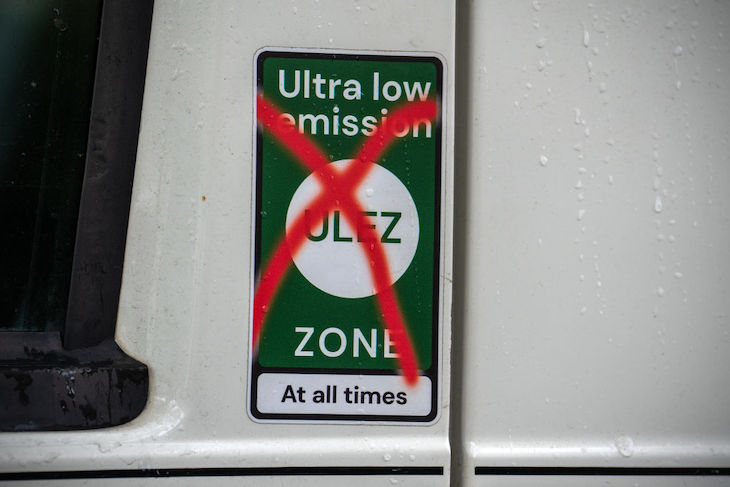Expanding London’s Ultra Low Emission Zone (Ulez) may be a bad policy, a regressive tax which will impact on people of modest means while leaving the not-very-much-less-polluting cars of the wealthy untouched. But that doesn’t mean the High Court is wrong to reject the case brought by Conservative councils against the scheme. On the contrary, anyone who values democracy should be pleased that Ulez has been thrown back into the political arena, where it belongs.
It is alarming the way that so many matters of public policy now end up being dragged through the courts under the judicial review process. How we impose motorist taxes, whether we build rail lines, runways and so on should be a matter for our elected representatives – whom we can punish through the ballot box for bad decisions – not for unelected judges. For a judge to have the ultimate say over a political decision like this turns us into a kritarchy – the rule of judges.
Khan can claim a victory, giving him momentum to introduce the scheme as planned next month
The High Court case never was about the merits of Ulez. It was about the legality of the process by which London mayor Sadiq Khan made his decision to expand the zone. The councils who brought the case contested that he hadn’t consulted properly and that he didn’t have the powers actually to introduce the scheme. Given that London already has a Ulez which stretches up to the North and South Circular, and has had a congestion zone for the past two decades, this latter claim always did seem a bit far-fetched: how could it be legal for the mayor to introduce a scheme up to the existing limits but illegal to impose it in areas beyond those roads but which still come under his jurisdiction?
Taking campaigns like this to the court always does look a bit desperate, but in this case it looks to have been counter-productive. A week ago, after the Uxbridge by election, Sadiq Khan was on the back foot, being ordered by his own party leader to think again about Ulez. Now he can claim a victory, giving him momentum to introduce the scheme as planned next month.
Today’s decision doesn’t mean, of course, that Ulez will turn out to be popular, that there won’t be a large number of motorists – think nurses on night shifts, carers needing to travel between appointments, tradespeople needing to cart about large amounts of kit – who will feel aggrieved at the expansion of Ulez. But it does mean that the ultimate judgement on the scheme will be delivered where it should be: at the ballot box in next year’s mayoral election. After Uxbridge, opponents can at least hope.







Comments